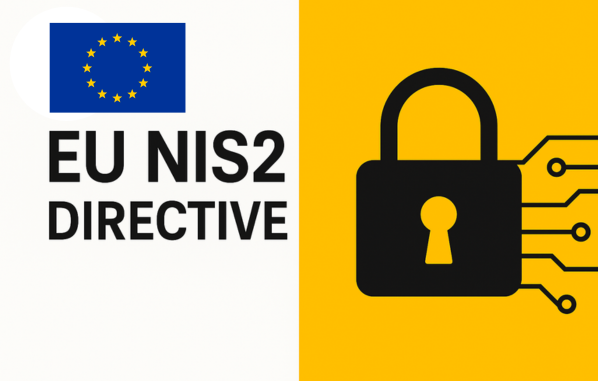
As EU member states move to implement the NIS2 Directive, organizations across Europe must prepare for significant changes in cybersecurity compliance. The introduction of the NIS2 Directive brings a significant shift in the cybersecurity landscape, putting more responsibility on organisations to strengthen their security posture and resilience. The updated EU cybersecurity law, officially known as the Network and Information Security Directive (NIS2), sets out stringent new requirements that will impact cybersecurity strategy, operations, and staffing. As the directive expands its scope and tightens requirements, it demands specific skills and expertise across cybersecurity teams.
NIS2 is designed to strengthen cybersecurity across the EU by expanding the scope of regulated sectors and raising the bar for risk management, incident reporting, and overall security practices. While the core requirements are consistent, how each EU member state implements NIS2 may vary, creating a complex compliance landscape—especially for businesses operating across multiple jurisdictions.
This variation can lead to regulatory uncertainty. While some companies may consider basing operations in countries with less stringent implementation, doing so may increase exposure to cybersecurity risks and compliance challenges in the long term.
A key impact of NIS2 is the increased demand for cybersecurity professionals with the right expertise to meet compliance requirements. From developing incident response plans to securing the digital supply chain, the directive calls for a wide range of cybersecurity capabilities.
But there’s a problem: the cybersecurity workforce gap in Europe continues to grow. In the past year alone, the region has seen a 9.8% increase in demand—equivalent to over 424,000 unfilled cybersecurity roles.
To comply with NIS2, organisations will need to:
To meet the obligations of the NIS2 cybersecurity directive, organizations must ensure they have the skills and systems in place to cover several critical areas:
Meeting and maintaining NIS2 requirements—especially as enforcement may differ across EU countries—will demand a broad range of cybersecurity skills and roles. Organisations must assess their current teams, identify any gaps, and address them through reskilling, upskilling, or hiring new talent where needed.
This may require organisations to assess their current workforce, identify gaps in roles or expertise, and take strategic action through upskilling, reskilling, or targeted recruitment. This table from ISC2 aligns key NIS2 organisational roles with both recommended and relevant ISC2 certifications to help map existing capabilities, uncover areas for development, and build a security team ready to meet NIS2 obligations with confidence.
By preparing early, companies can not only ensure compliance with NIS2 legislation, but also strengthen their cybersecurity posture and better protect their operations in an increasingly complex threat environment.